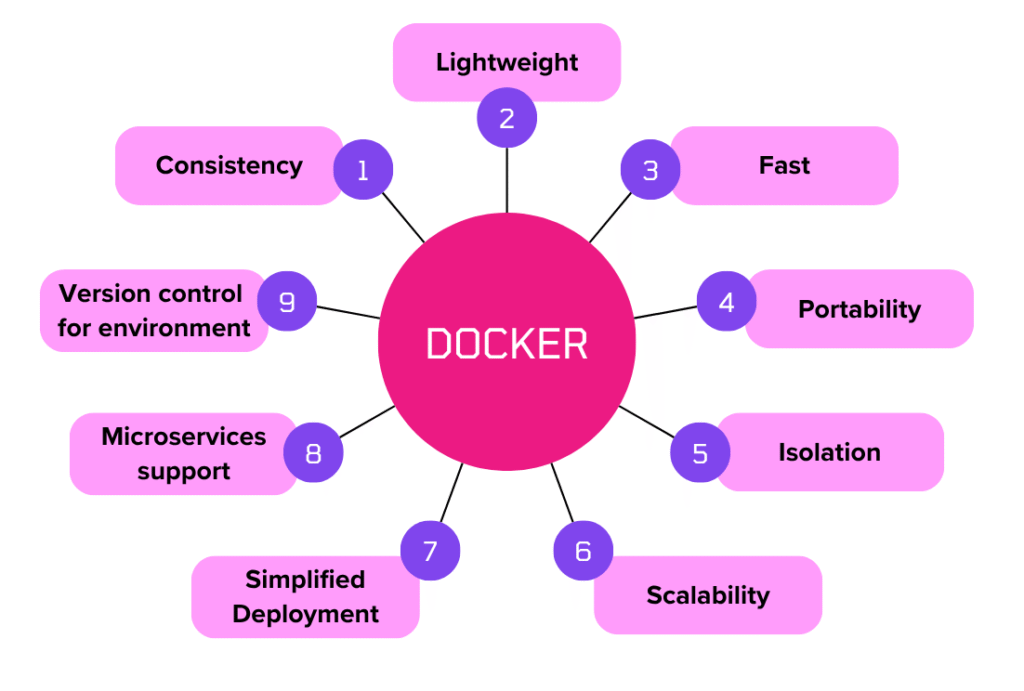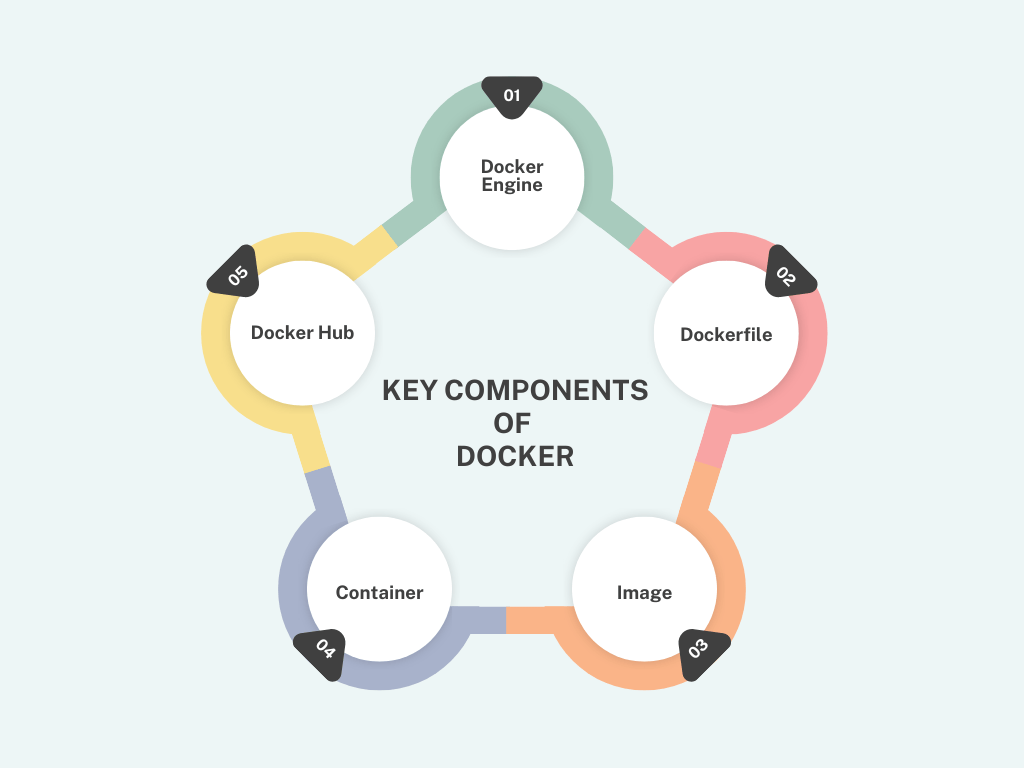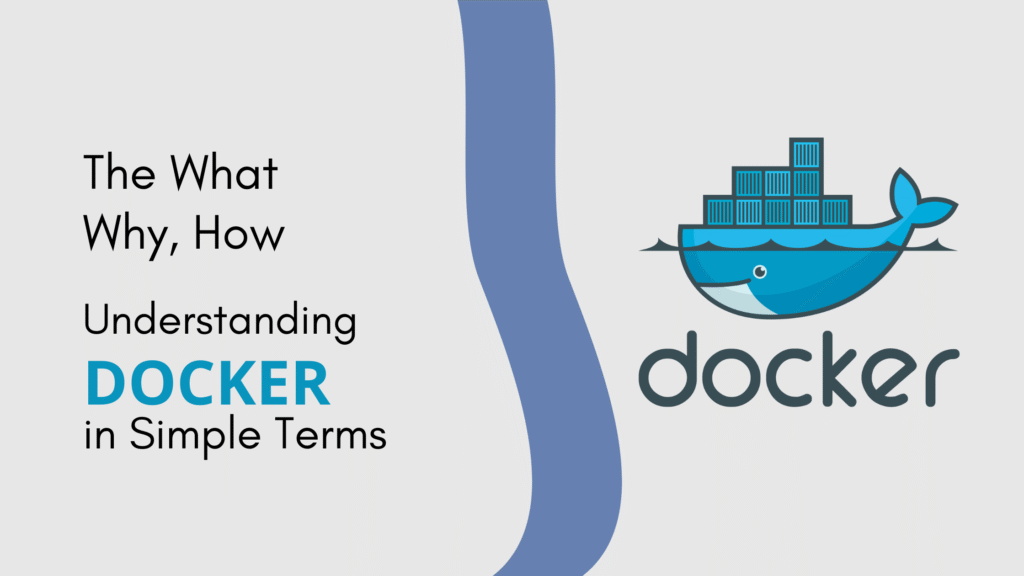In the world of modern software development, consistency, scalability, and speed are essential. That’s where Docker comes in, a powerful tool that has transformed how developers build, package, and deploy applications. Whether you’re a seasoned developer or just getting started, understanding Docker is a must.
What Exactly is Docker?
Docker is an open-source platform that enables developers to package applications and all their dependencies into a standardized unit called a container. This container can run anywhere: on your laptop, on a test server, or in the cloud—without worrying about inconsistencies between environments.
Think of it like a shipping container for code. Just like physical containers hold goods and can be transported seamlessly across ships, trains, and trucks, Docker containers hold software and can be moved effortlessly across different computing environments.
Why Use Docker?

Consistency Across Environments
Ever heard (or said) “It works on my machine”? Docker eliminates that problem by ensuring your application runs the same, regardless of where it’s deployed—be it development, testing, staging, or production.
Lightweight and Fast
Unlike virtual machines, Docker containers share the host operating system’s kernel, making them much more efficient and faster to start. You can spin up and tear down containers in seconds.
Portability
Because everything your application needs is bundled inside the container, you can move it anywhere—across cloud providers, operating systems, or hardware—with minimal effort.
Isolation
Each application runs in its own isolated container. This means no more dependency clashes—two apps can use different versions of the same library without interfering with each other.
Scalability and Microservices Support
Docker is a perfect fit for microservices architecture. You can run each service in its own container, manage them independently, and scale them as needed.
Simplified Deployment
Docker streamlines deployment and integrates smoothly with CI/CD pipelines. Whether it’s automating tests or deploying to production, Docker makes it easier and faster.
Version Control for Your Environment
Docker images are versioned. You can roll back to a previous version of your app or environment with a single command.
Key Components of Docker

Here are a few terms you’ll run into often:
Docker Engine: The core service that runs and manages containers.
Dockerfile: A text file with instructions on how to build a Docker image.
Image: A snapshot of your application that can be turned into a container.
Container: A running instance of an image.
Docker Hub: A public registry where you can share and pull container images.
Conclusion
Docker simplifies the development process, boosts productivity, and brings consistency to the table. Whether you’re building a personal project or managing enterprise-scale infrastructure, Docker can be a game-changer.
If you’re not using Docker yet, now’s the perfect time to start.
To learn more about, Docker https://docs.docker.com

Balaji is currently working in RISE Lab. He has a deep passion for tinkering with sensors and development boards..

